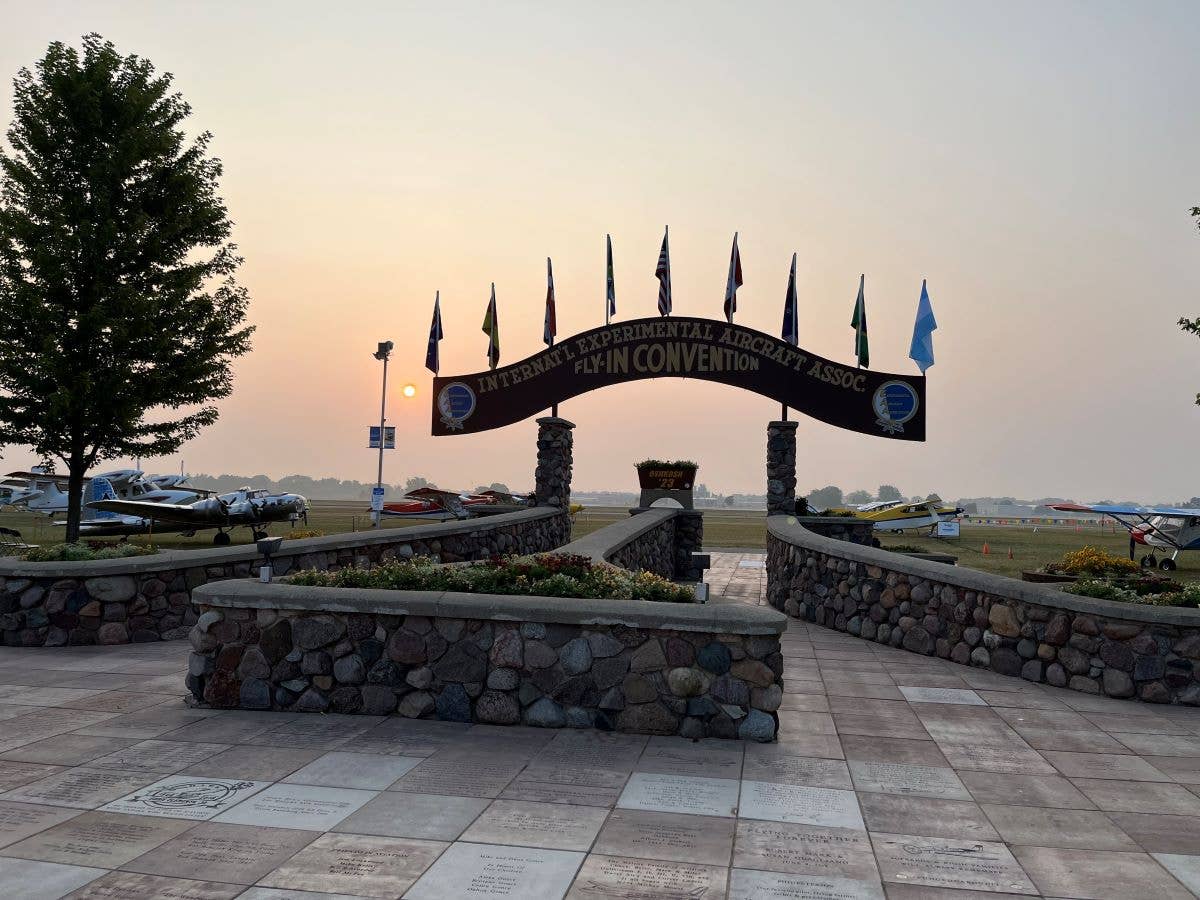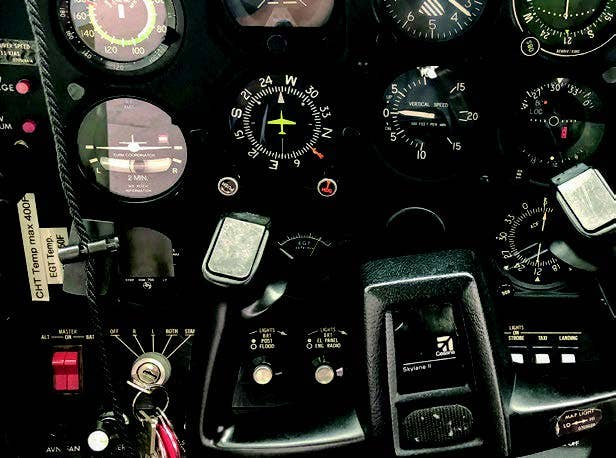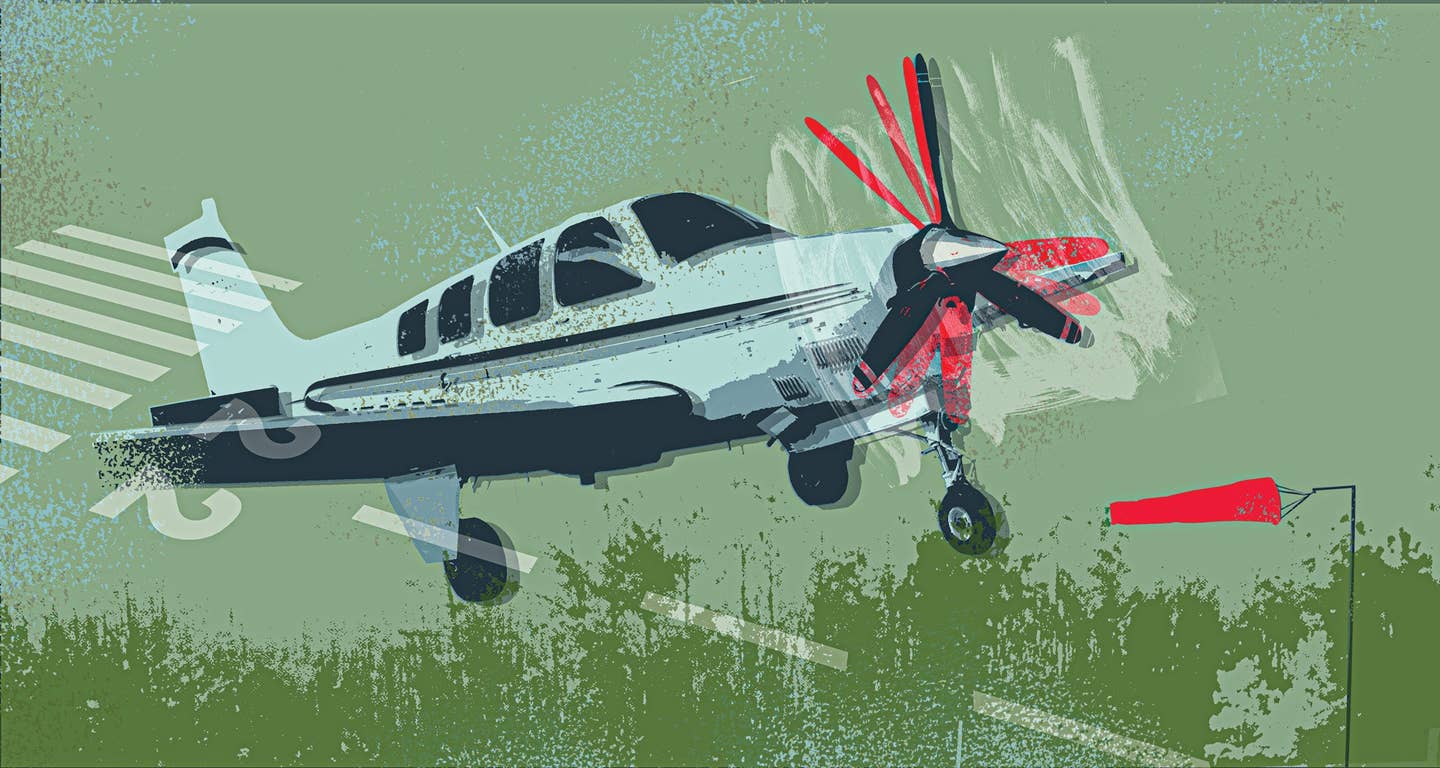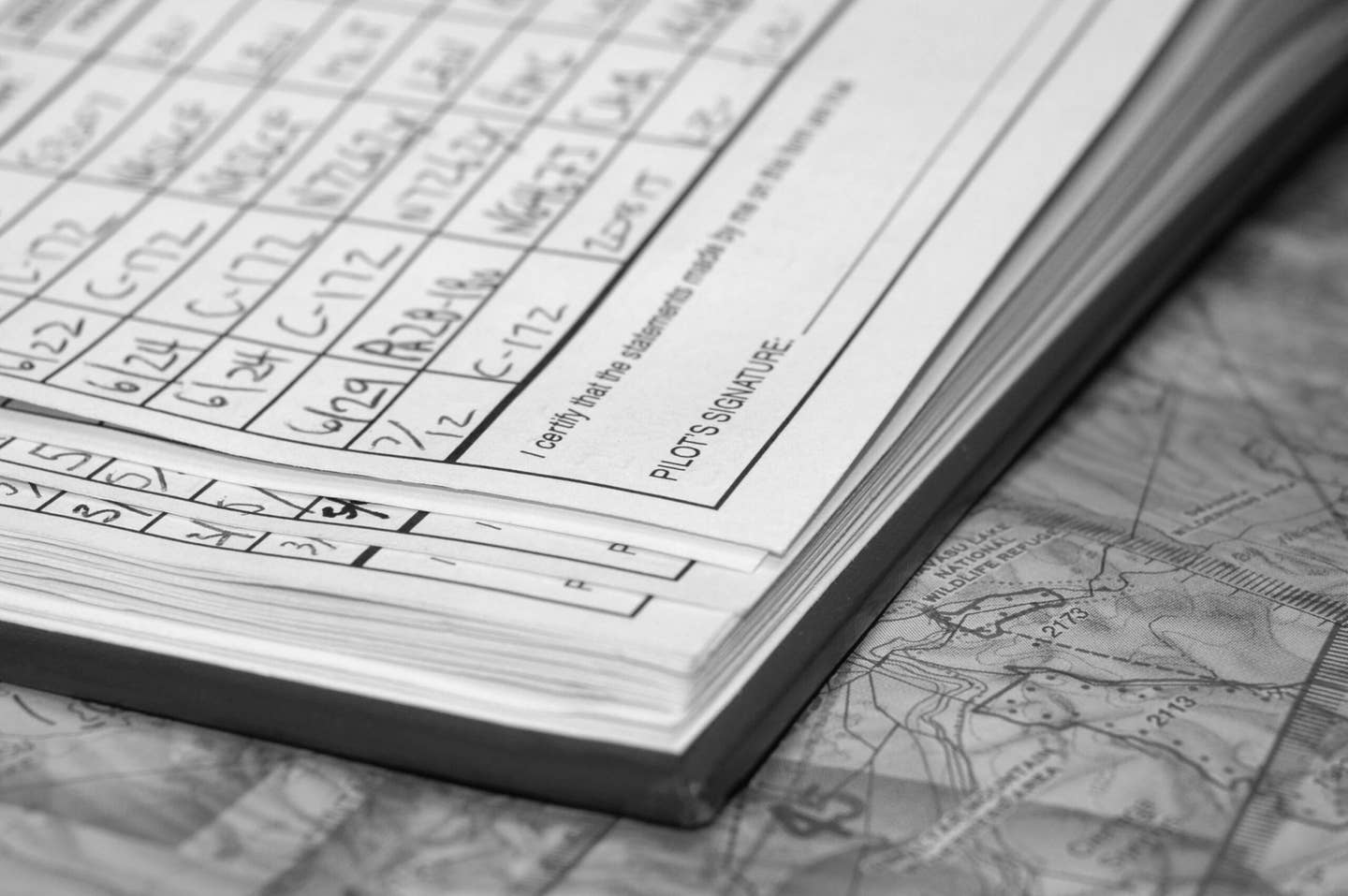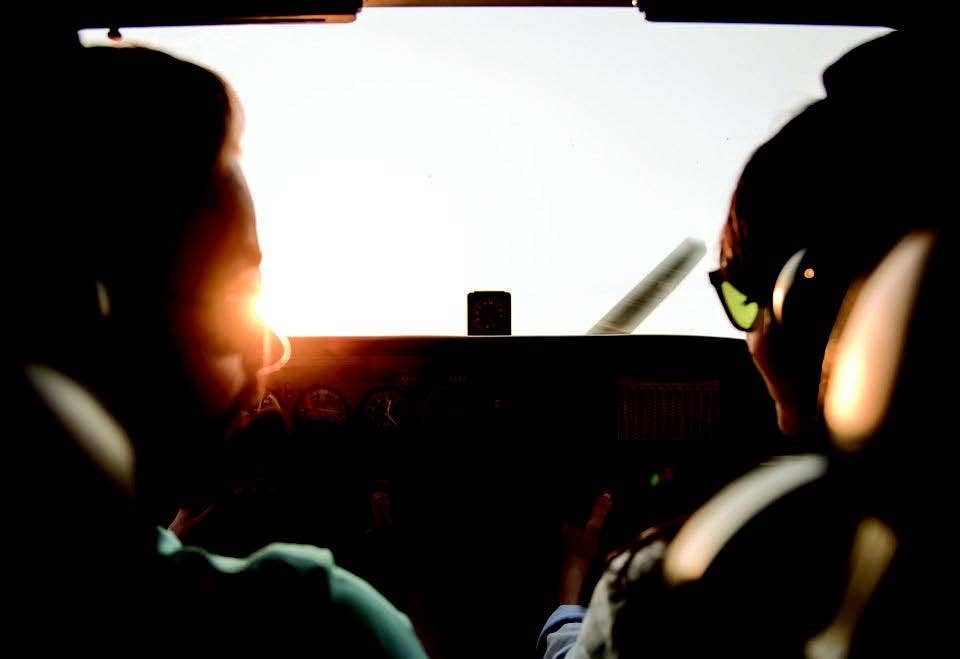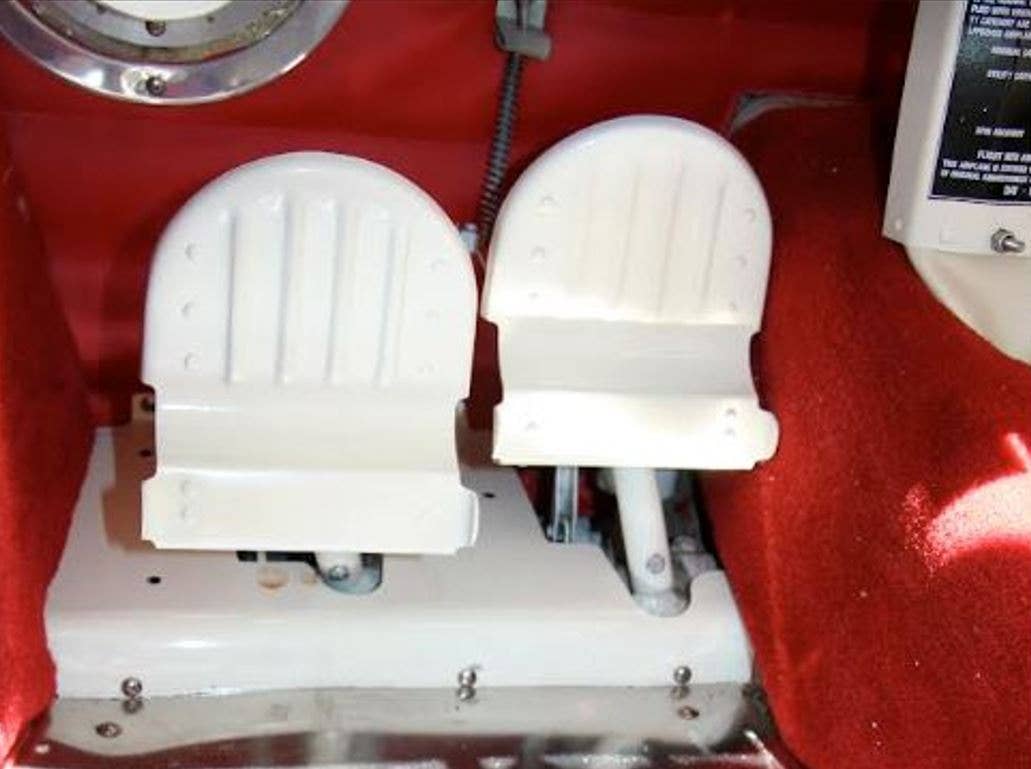
iStockphoto / Robert Dant
You hear it all the time. "If you have any doubts at all, you shouldn't go!" I'm here to confess, if I took that completely literally, not only would I never fly, I'd never leave the house. A measure of controlled fear is not unhealthy, especially when it comes to flying an airplane, and the idea that we need total freedom from fear to be safe is, in fact, problematic.
Jeff Wise is a pilot and also a psychologist who writes a blog on PsychologyToday.com. In a recent thread click here, Wise (a great name for a psychologist) confessed to experiencing fear on the morning of a flight, but related how the fear dissipates by the time he arrives at the airport. Once the preflight examination begins, the fear is gone. Sound familiar?
A number of pilots chimed in with their secret confessions of preflight fear. They also expressed a fear of admitting they had that apprehension (shades of Franklin Roosevelt's "the only thing we have to fear …" ). It also doesn't help that, as pilots, we can be irrationally unforgiving of other pilots' accidents. We have a sense that if anything goes wrong, there was undoubtedly something he or she should have done — or not done — to have prevented it.
As it happens, my wife is also a clinical psychologist who writes her own blog on PsychologyToday.com, so I had in-house research material readily available. When I asked for her take on this kind of fear, she said, without hesitation, "Fear is an emotion. A signal. It's how you respond to that signal that matters. Ask yourself, 'What exactly am I afraid of?' then decide intellectually if the fear has sound basis." She made it sound as though it came from the Psych 101 textbook. So, if the answer to 'What am I afraid of?' is '200-and-a-quarter, low oil pressure and a skipping engine' then yeah, I'd taxi back to the hangar.
But if the answer is more vague, and the other side of the logical, decision-making scale is loaded heavily in favor of a safe flight, then rational thought should easily outweigh the sense of apprehension. We pilots have lots to be afraid of, given that our activity involves hurtling along through thin air a couple of miles above the unyielding surface of the Earth — but we also need to see that very rational fear for what it really is and respond to it accordingly.
Call to action: If you have any tips of your own you'd like to share, or have any questions about flying technique you'd like answered, send me a note at enewsletter@flyingmagazine.com. We'd love to hear from you.

Subscribe to Our Newsletter
Get the latest FLYING stories delivered directly to your inbox

